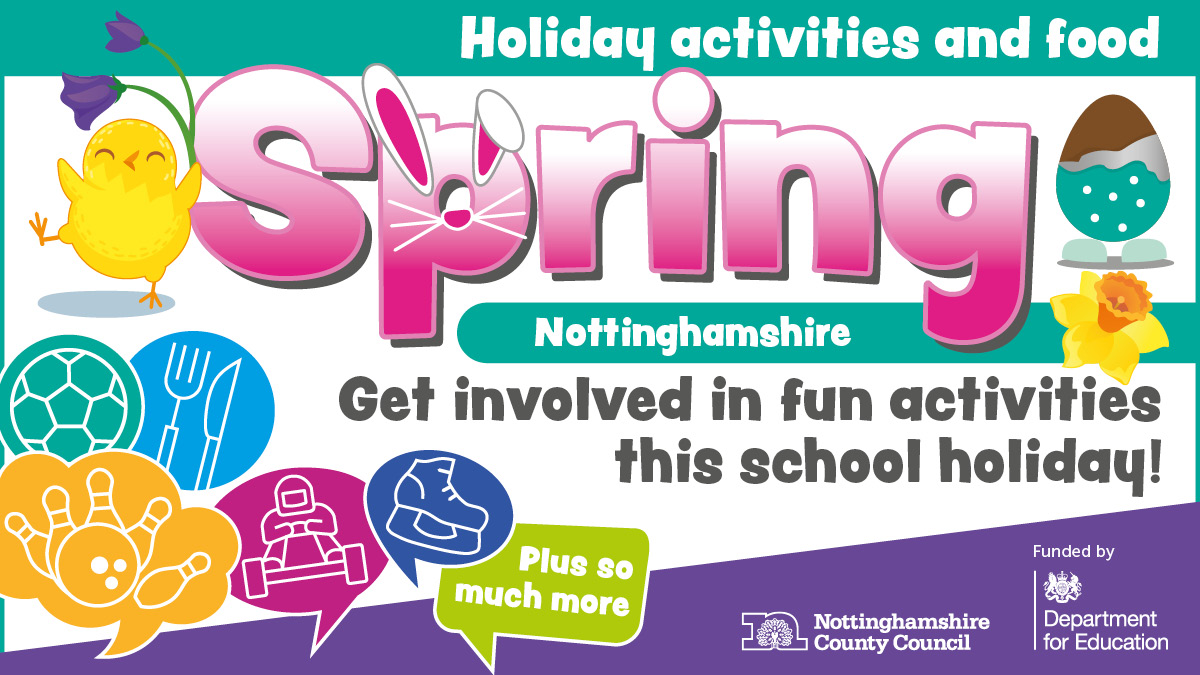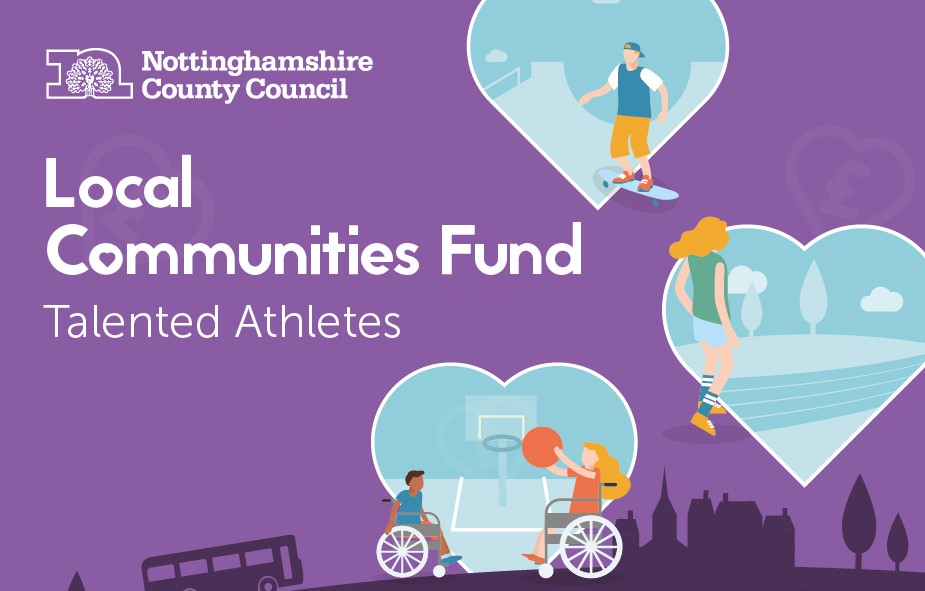URL standards
These standards apply to URLs for pages on our website and its sub-domains.
URLs are important both as a navigation tool for users and as an element in SEO. URLs should:
- be semantic, reflecting the site structure and being intuitively meaningful to non-expert users
- not be repetitive: for example /recycling-centres/details/beeston rather than /recycling-centres/recycling-centre-details/beeston-recycling-centre
- be lowercase
- align with the title of the page but be as short as possible, with superfluous words such as ‘a’, ‘an’, ‘and’ and ‘the’ removed where appropriate: for example /benefits-guide rather than /a-guide-to-benefits
- use words and not contain acronyms, unless the acronym is very well known or very long
- use dashes to separate words to ensure they are easy to read
- use the verb stem where possible: for example /apply instead of /applying
Short URLs
Short URLs (also known as vanity or friendly URLs) are redirects which sit at the top level of a site and resolve to a ‘full’ URL. Short URLs should:
- only be created when needed for significant offline marketing and promotion where users are required to type them in
- not be used for online promotion and linking, where full URLs should be used instead
- not use hyphens unless needed to avoid confusion, as these can be mistyped
Short URLs on our website should only redirect to other pages on our website, except in very rare cases.
Contact the Communications and Marketing team to request a short URL.








